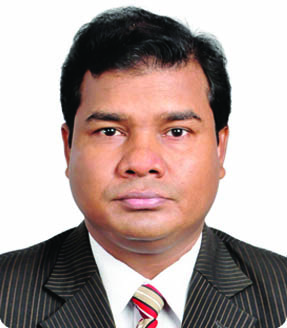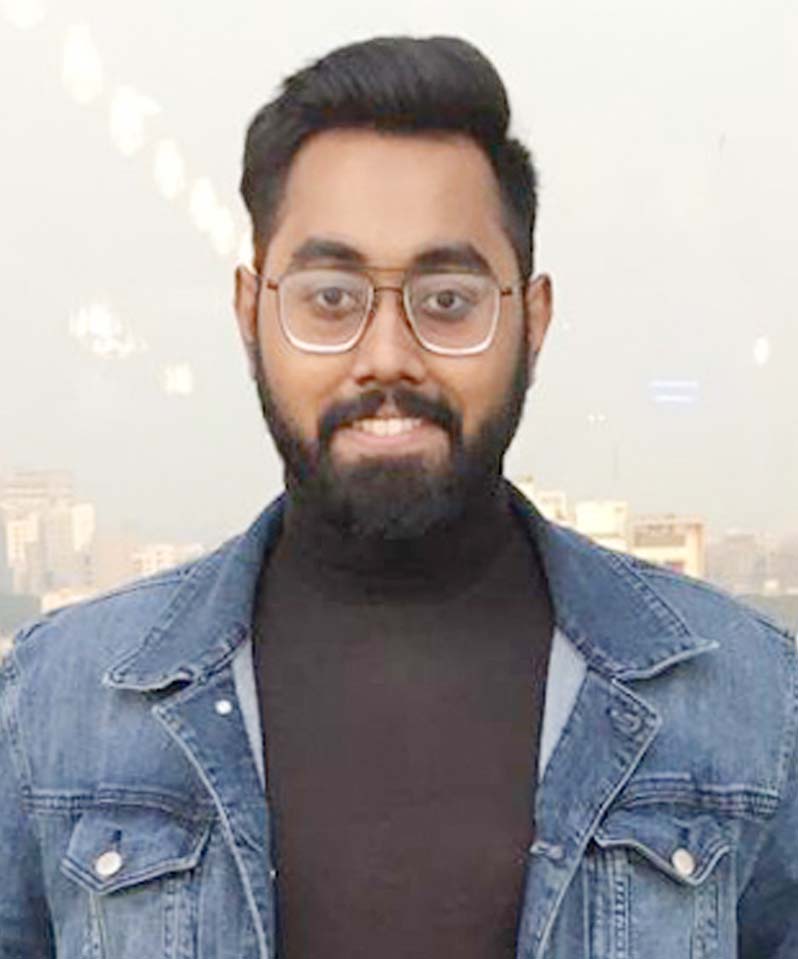We have plans to strengthen local govt bodies: LGRD Minister


Local Government, Rural Development, and Cooperatives (LGRD) Minister Tazul Islam said the government has a plan to strengthen the existing local government bodies and aid them to contribute more to their services but this would have to follow a process; it’s not something that could probably be done overnight.
He said in order to materialize this idea, with a limited budget, the local government bodies tried to do the best they could with some compromises.
The minister told this in an exclusive interview with the daily Bangladesh Post recently.
He shed light on a lot of developing aspects, initiatives and plans for the foreseeable future. He commented on the existing government institutions, the plans for the sewerage system, water-logging and the idea of safe drinking water in Dhaka city. He dwelt on the progress of achieving the SDG goals of his ministry and about the Eighth Five Year Plan from his side.
Govt focuses on sewerage and
safe water for all
“Unlike before, the country’s economy is quite stable and strong now, hence my attempt would be not to build low-cost roads and bridges anymore because of the budget constraints, rather would make sustainable ones by long-term investments. Although the costs would be higher now, but it will be sustainable”, he said.
Shedding light on a few concerns, he said, “The Union Council will also run the government projects with the cooperation of the locals in the rural areas. For this, competent and worthy candidates need to be selected for the post of members and chairpersons. That can only be found when these institutions are given a place of honour. To do this, some time is definitely required. When these would be looked as prestigious places, there would be a rise of involvements of quality people. The city corporations have the same issues, although they are working quite well at the moment.”
The LGRD minister said that he handed over a few canals to the city corporations that needed to be taken care of and it was successfully done in due time. It was a significant decision to getting rid of mosquitoes that spread diseases like dengue. Overall, he said that the workers and members in these institutions were not really entitled to any job descriptions but there are a lot of things they need to tackle.
While discussing about the long-term crisis of water-logging in Dhaka and other major cities, he said, “As I mentioned, canals have been assigned to the city corporations and banks of the canals that were encroached earlier have been recovered and some of them are in the process to recover. The initial plan is to work it out and make proper walkways along the canal banks and sorting them out would mean some water-logging will be resolved.
Although water-logging is not just limited to this, our rivers have lost their share of contributions compared to previous times. The water that heads our way does not overflow anymore. It could be because countries like China and India are withdrawing water from the upper stream of the common rivers. These challenges exist so we took the initiative to dig these water bodies to tackle this problem.”
When asked how the sewerage system would be able to cope with it and what development plans are being made in that approach, with urbanization growing so rapidly, he informed that Bangladesh, now almost 50 years old, but does not really have a complete sewerage system. Now initiative has been taken to start planning of five sewerage systems in Dhaka city. One is under construction while the other four are in the process.
Moving in discussion to the idea of safe drinking water, the minister shared that he does not stand by the idea of tap water being claimed drinkable. “To be honest, safe drinking water, around the globe, only means bottled water. Not even in place like London considers pipeline water to be safe. It does not have the recognition of being drinkable.
“Water comes through thousands of kilometers in pipelines to your personal reserves safe water tank and if one cannot guarantee their own home reserves to be hygienic, how can you expect the tap water will be hygienic? Therefore, I do not believe anyone really calls it safe drinking water”, he said.
He added, “When I had made these statements before, my well-wishers in the media advised me against it saying it would spread the wrong message. I do not know why this would be a wrong message, because WASA is not liable to supply the safe drinking water. What they provide is usable water.”
He stated that the government does not give the guarantee. Safe water means usable water. The usable water provided should 99% of the times be used for work such as washing, cleaning, showers etc. It is a wrong perception to think of it as safe drinking water. “Drinking the tap water is not supposed to make someone sick, yes, but there is no guarantee. Processing, purifying or adding minerals to the daily water supplies sound absurd and it is done nowhere in the world”, stated the minister.
Giving update to the correspondents of Bangladesh Post regarding the SDG goals of his ministry, he stated, “The SDG goals are for till 2030. We are focusing on the sewerage and safe water for all. This is dated to 2030 but we would achieve a lot of it prior to the year.
Overall a sense is being developed in Bangladesh as a free country where things like urinating in public places is mostly no longer in the mindset. This is made easier by providing the facilities. Just technological advancement and development is not enough, awareness is also very important. The government is working towards making this awareness. What we are thinking about now is the quality and sustainability. Technology and plans are directed towards that direction.”
When asked about strengthening the capacity of existing institutions of maintaining small scale water infrastructure within a limit, he claimed, “There is a community-based water supply. There is a model that has been developed based on a community. That model is being exercised.
The ones using the water is taking responsibility of it. They have been briefed with a concept and they are working accordingly. It has challenges not just in this country but around the world, besides that, the community water supply is working fantastically in some places here. Other than that the smaller treatment plants that are supervised by the government’s public health engineering departments are excellently working across the country.”
Finally, in comparing Dhaka with a unique city of a developed country, and reaching his dream benchmark, he said, “No country or city was developed or improved overnight. Like that saying, Rome was not built in a day. Decades have to be passed through. It took 52 years to bring river Thames to what it is today.” He conclusively commented, “We could now do it faster due to technological benefits available to us at the moment and hopefully we will.



